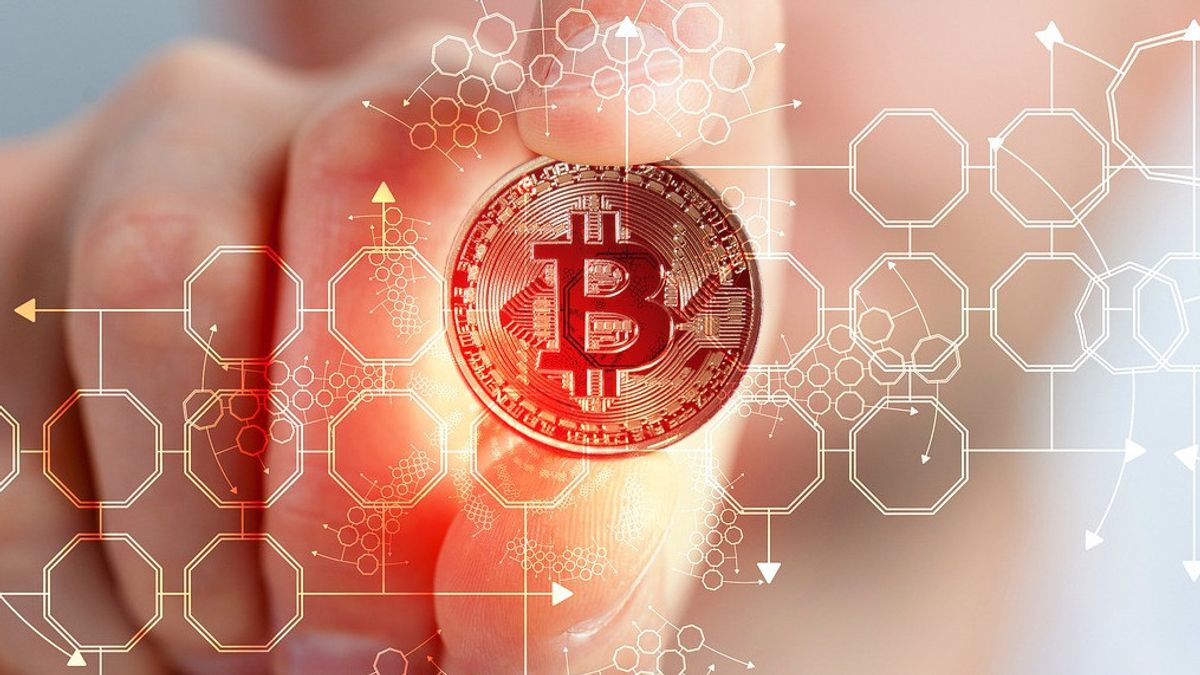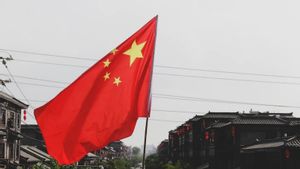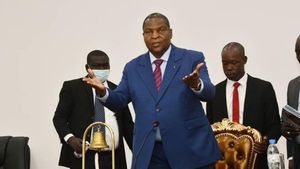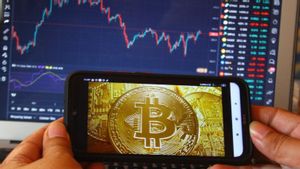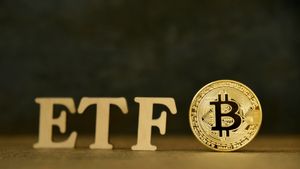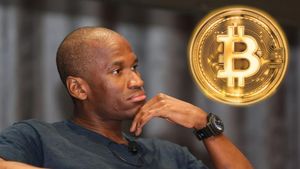JAKARTA - An innovation using a cellular network (GSM) can connect millions of Bitcoin (BTC) users who were previously unreachable by the Internet-dependent Bitcoin protocol. This network was built by a South African developer, Kgothatso Ngako (KG). The new SMS-based bitcoin service is named Machankura, a South African slang word meaning money.
KG, a familiar nickname among his friends, spoke to Cointelegraph from Pretoria, South Africa, about his interest in Bitcoin and the hope that Bitcoin via text will bring BTC to millions of Africans.
An English speaker, when KG first learned about Bitcoin, he religiously streamed audiobooks and podcasts on his way to work. When he fell down the Bitcoin rabbit hole, his 20-minute journey became a two-hour drive to the Council for Scientific and Industrial Research (CSIR) in South Africa, where he worked as a software developer.
In a separate interview, Master Guantai, founder of Bitcoin Mtaani, told Cointelegraph, “The number of mobile phones in Africa is double the number of people.” However, the penetration of internet-enabled smartphones in Africa is still low.
In Kenya, Guantai's home country, he explains that recharging a phone with airtime is as common as credit card payments in the West. A report by Caribou supports the claim that 94% of financial transactions in Africa are conducted via USSD, the protocol used to send text messages, whereas only 6% of these transactions are done via mobile apps.
Machankura users can now redeem @Azteco_ (and 1 For You) Bitcoin vouchers using the USSD interface. pic.twitter.com/qkPRwGzkrL
— Machankura 8333 (@Machankura8333) August 10, 2022
In short, although there are millions of cell phones in Africa, most of them are used for sending text messages (SMS). KG has discovered something that could be huge for Bitcoin adoption in Africa.
“This year, a lot of conversation in space is around USSD or making Bitcoin accessible on mid-range phones, this could be a part-time project. So let me sort it out. And that's basically how Machankura appeared!” KG said.
KG started by building the Exonumi African language translation project. Now provides Bitcoin related education in dozens of languages. He also explained to Cointelegraph that if we make Bitcoin more accessible to Africans, then, as a consequence, they will learn about money and find ways to improve their quality of life.
That's how Exonumi got excited. He asked, “what are the other barriers to accepting Bitcoin? Language is one of them, the other is internet access.”
He summarizes the internet in Africa as a space dominated by big apps like Instagram and Facebook. The inherent problems of smartphone users are having enough space in the phone, internet connectivity, and price.
KG coded Manchakura to solve the problem, and explained, “The main focus is on spending and receiving Bitcoins.” KG explains how it works like Users dial a number and are then introduced to a menu where they can learn more about Bitcoin or register an account.
"All you need to register an account is a 5-digit pin, and from there, you'll be presented with a different menu: Send and receive Bitcoins," he said.
Paco, a Bitcoin traveler who will stop at nothing to teach people about Bitcoin around the world, demonstrated Machankura to a teacher in Nigeria, at the request of Cointelegraph.
As a result, Lightning wallet compatible apps on your phone or computer can send Bitcoins over the Lightning Network to phone numbers. This effectively becomes a Lightning address.
VOIR éGALEMENT:
Machankura has also integrated with Bitrefill, an increasingly popular prepaid gift card service for Bitcoin in Africa. Plus, starting this August, South Africans will be able to top up their Lighting Wallet with credit from grocery stores in partnership with “One for You,” the voucher provider said.
As Ngako summarizes, "A person who is completely without internet access can go from not owning Bitcoin to owning Bitcoin and then spending Bitcoin."
Master Guantai also shared that the network is already working well in six African countries. In addition, the popular exchange Paxful has shown interest, Guantai explains, because the ease with which people can join using GSM is underestimated.
KG flagged potential concerns with this innovation as the government banned or reacted negatively to Bitcoin. The commission fees for buying vouchers can put people off, and the fact that KG understands that in offering a centralized company to get people into Bitcoin, there is a risk that they don't spend time getting to know the technology.
Plus, the service is custodial, a point that goes against the Bitcoin ethos of “not your keys, not your coins.” So, he looked for a way to use the SIM card as a private key.
The English, Chinese, Japanese, Arabic, and French versions are automatically generated by the AI. So there may still be inaccuracies in translating, please always see Indonesian as our main language. (system supported by DigitalSiber.id)
